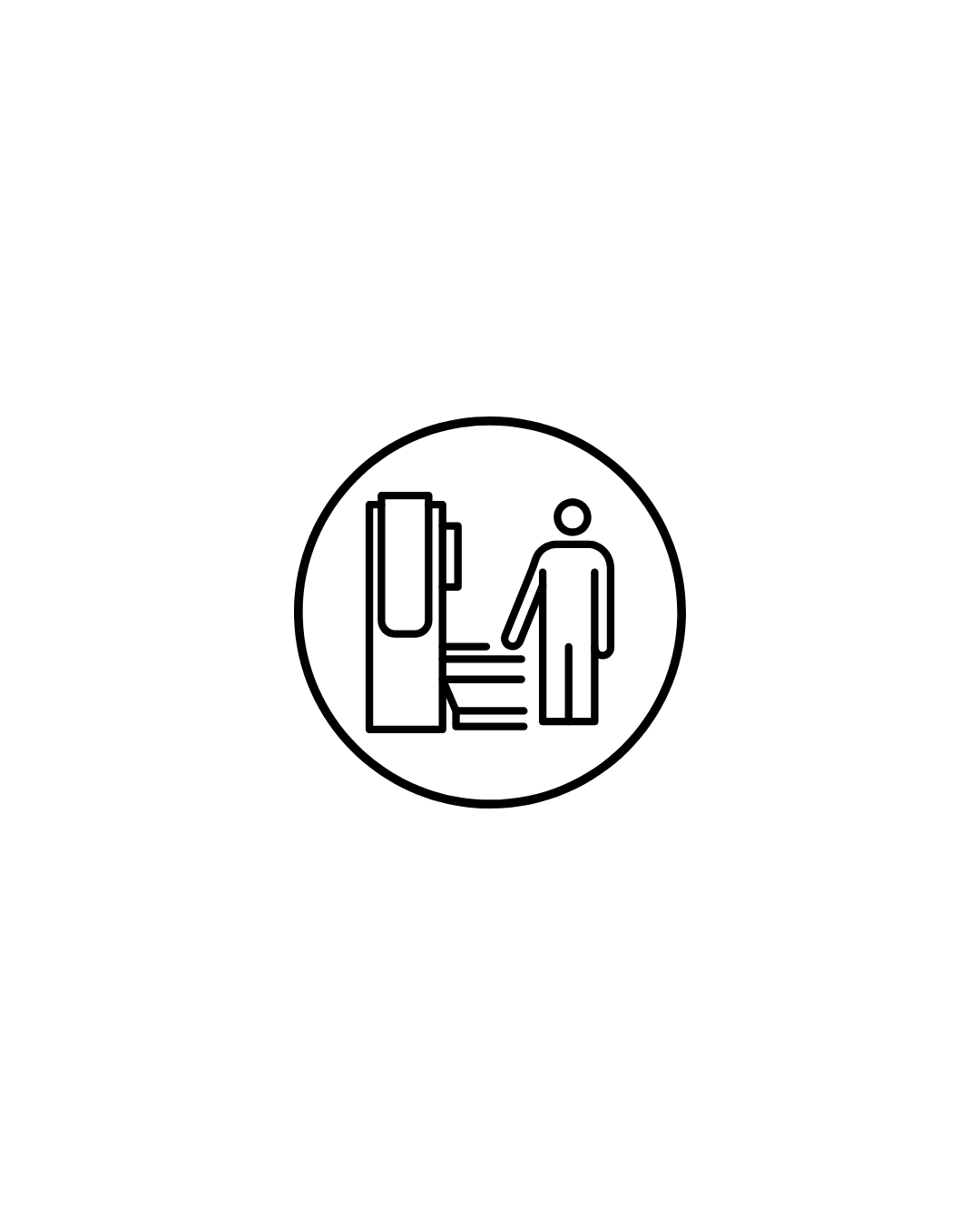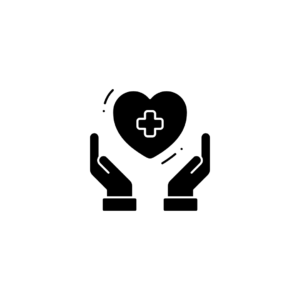Description
Overview of Bachelor of Vocation (B.Voc) in Radiology Technician
The Bachelor of Vocation (B.Voc) in Radiology Technician is a specialized program designed to prepare students for careers in medical imaging and radiographic technology. This program provides comprehensive training for students to become proficient in operating radiologic equipment, performing imaging procedures, and ensuring patient safety and comfort. Graduates will be equipped to work in various healthcare settings, including hospitals, diagnostic imaging centers, and outpatient clinics.
Core Areas of Study in B.Voc in Radiology Technician
Radiographic Principles and Techniques
Understanding the science and principles behind radiography, including X-ray production, image formation, and the technical aspects of using radiological equipment.
Anatomy and Physiology
Studying human anatomy and physiology focusing on the systems relevant to radiology, which aids in proper image acquisition and interpretation.
Patient Care in Radiology
Learning how to manage patient interactions, assess their needs, provide comfort, and ensure safety before, during, and after imaging procedures.
Radiation Safety and Protection
Gaining knowledge about radiation safety principles, including minimizing exposure for patients and staff and complying with regulations for the use of ionizing radiation.
Imaging Technology
Becoming proficient in using various imaging modalities, including X-ray, CT (Computed Tomography), MRI (Magnetic Resonance Imaging), and ultrasound, where applicable.
Image Evaluation and Quality Assurance
Learning to evaluate the quality of radiographic images, understanding factors affecting image quality, and implementing quality assurance protocols.
Ethics and Legal Aspects in Radiology
Understanding the legal and ethical responsibilities associated with patient care, including confidentiality, informed consent, and the implications of imaging findings.
Clinical Practicum
Hands-on experience in clinical settings where students gain practical skills by performing imaging procedures under the guidance of experienced radiology professionals.
Curriculum Structure
A typical Bachelor of Vocation in Radiology Technician program may include:
Core Courses: Subjects covering radiographic techniques, anatomy, radiation safety, patient care, and ethics in radiology.
Laboratory Training: Hands-on lab sessions to practice operating radiological equipment and executing imaging techniques in simulated environments.
Clinical Experience: Internships or clinical practice at hospitals or diagnostic centers, allowing students to work with patients and gain real-world experience in radiology.
Admission Requirements
Admission to the B.Voc in Radiology Technician program typically requires:
A high school diploma (or equivalent), with a recommended focus on science courses, especially biology and physics.
Some institutions may require an entrance exam or interview to assess the candidate’s suitability for the program.
Skills Developed in the B.Voc in Radiology Technician Program
Graduates of the Bachelor of Vocation in Radiology Technician will acquire essential skills, including:
Technical Skills: Proficiency in operating various radiologic equipment and performing imaging procedures accurately and safely.
Clinical Assessment: Ability to assess patient conditions and accommodate special needs during imaging procedures.
Patient Care: Strong patient service skills, including effective communication, reassurance, and support during the imaging process.
Quality Control: Knowledge of quality assurance standards for radiographic imaging and the ability to evaluate and improve image quality.
Regulatory Awareness: Understanding of regulatory requirements for radiology practice, including safety protocols and legal considerations.
Career Opportunities
Upon completion of the B.Voc in Radiology Technician, graduates can pursue various career paths, including:
Radiology Technician (Radiologic Technologist)
Performing imaging procedures and ensuring patient care in hospitals, clinics, or imaging centers.
CT Technologist
Specializing in computed tomography and conducting CT scans for diagnostic purposes.
MRI Technologist
Focusing on magnetic resonance imaging and performing MRI scans.
X-Ray Technician
Carrying out X-ray examinations and assisting healthcare professionals in patient diagnosis.
Radiology Assistant
Supporting radiologists and other imaging professionals in patient management and workflow within radiology departments.
Conclusion
The Bachelor of Vocation in Radiology Technician equips students with the necessary skills for a successful career in medical imaging. With a focus on technical training and patient-centered care, graduates are prepared to meet the demands of the healthcare field and make valuable contributions to patient health and diagnostic processes. If you have any further questions about the B.Voc in Radiology Technician or related topics, feel free to ask!









